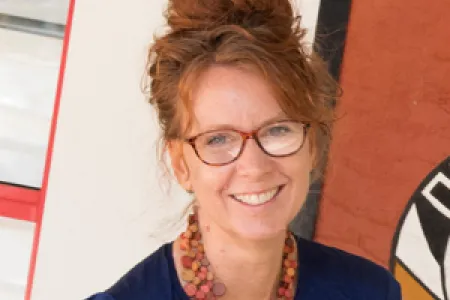Indigenous higher ed trends under microscope
Researchers have received a $40,000 grant to investigate factors that influence Indigenous university student completion rates, and determine if institutions should adjust generic policies to provide more individual support.
CDU senior research fellow Fiona Shalley will lead the study of Indigenous student cohorts from Charles Darwin University and Central Queensland University, collecting data dating back to 2005 to identify potential trends.
“We will particularly focus on where regional students come from – our results will be used to investigate whether assumptions made by Indigenous higher education policy should be applied broadly, or should be more nuanced to suit specific circumstances,” Ms Shalley said.
“We have early evidence that, nationally, Indigenous students take longer to complete their degrees.”
The study, funded by the National Centre for Student Equity in Higher Education, will track students through enrolment from CDU and CQU and analyse their progress four, six and nine years after starting a course.
Ms Shalley said the study would identify the impact of Indigenous student characteristics – including age, gender, first language, full-time or part-time study, field of education, socio-economic status, and remoteness of home community – on completion rates.
The study will also draw on previous CDU and CQU research papers on student pathways and experiences in higher education, including “Rippling Stories of Success: Indigenous Student Self-Efficacy” and “Path+Ways: Towards Best Practice in Indigenous Access to Education”.
“This could inform both support programs to help increase the likelihood of student success and degree completion, and a national understanding of Indigenous higher education completions at regional universities,” Ms Shalley said.
Ms Shalley will join the Northern Institute, to research remote area population forecasts, this month.
